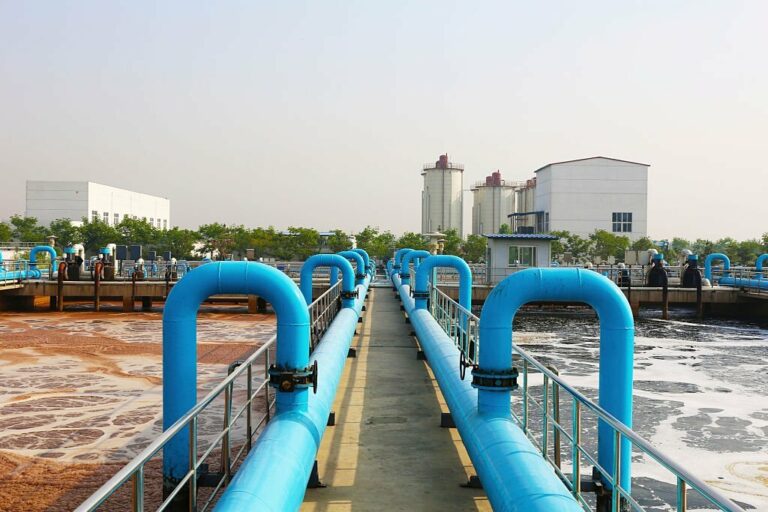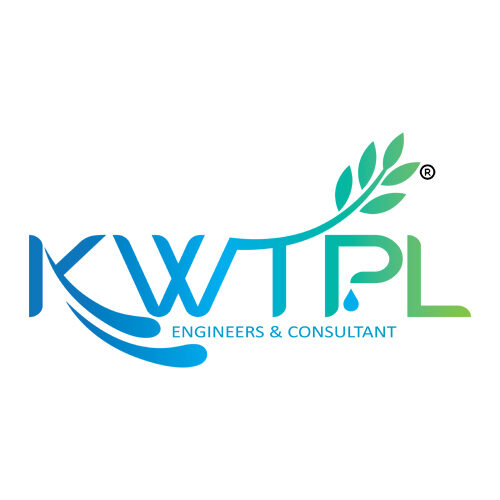
Importance of Effluent Treatment Plant for Hospitals
Welcome to our blog post on the importance of Effluent Treatment Plant for hospitals! In today’s world, where environmental concerns are at an all-time high, every industry must take responsibility and implement sustainable practices. Hospitals, being a significant source of waste generation, need to step up their game too. That’s where ETPs come into play! These innovative systems not only help hospitals manage their waste effectively but also contribute towards creating a healthier environment for all.
Why ETPs are important for hospitals:
Environmental Protection:
Hospitals generate a significant amount of liquid waste, including wastewater contaminated with various chemicals, pharmaceuticals, and biological materials. Discharging untreated or inadequately treated wastewater into the environment can have detrimental effects on ecosystems, water bodies, and soil.
An ETP helps in removing or neutralizing harmful substances from hospital effluents, ensuring that the discharged water meets environmental standards and does not pose a threat to the surrounding environment.
Public Health:
Hospital effluents may contain pathogens, bacteria, and other microorganisms that can cause diseases. Proper treatment through an ETP helps eliminate or reduce these harmful microorganisms, preventing the spread of infections and protecting public health.
By treating the wastewater, hospitals contribute to a cleaner and safer environment for the communities they serve.
Compliance with Regulations:
Governments and environmental agencies establish regulations and standards for the discharge of wastewater to protect the environment and public health. Hospitals are required to adhere to these regulations.
Having an ETP in place helps hospitals comply with local, regional, and national environmental laws. Non-compliance can result in legal consequences, fines, and damage to the hospital’s reputation.
Resource Conservation:
ETPs not only treat water for safe discharge but also enable the recovery of resources from wastewater. This may include the extraction of valuable substances, such as certain chemicals or energy, contributing to resource conservation and sustainability.
Community Relations:
Demonstrating a commitment to environmental responsibility and public health can enhance a hospital’s standing in the community. It promotes a positive image and builds trust among the local population.
Long-Term Cost Savings:
While the initial investment in an ETP may be significant, it can lead to long-term cost savings by avoiding fines, legal fees, and potential damage to the hospital’s reputation due to environmental violations.
Preventing Contamination of Water Supplies:
In many regions, water supplies are limiting and valuable. Improperly treated hospital effluents can contaminate local water sources, affecting the availability of clean water for the community. ETPs help prevent this contamination.
How ETPs work in treating hospital waste
ETPs are desiging to effectively treat the wastewater and solid waste produced by hospitals, ensuring that harmful substances are removed before they are released back into the environment. The process involves several stages, beginning with Primary Treatment where physical contaminants like solids and oils are separated from the water.
Secondary Treatment, which focuses on removing organic matter through biological processes such as aerobic or anaerobic digestion. This helps break down pollutants further so that they can be safely discharging for non-potable purposes.
Advanced treatments may also be implemented depending on the specific needs of each hospital, such as chemical precipitation to remove heavy metals or disinfection to eliminate any remaining pathogens.
By utilizing ETPs, hospitals can significantly reduce their environmental footprint by preventing contamination of water bodies and soil. Additionally, it ensures compliance with regulatory standards regarding wastewater discharge.
Conclusion:
Implementation of Effluent Treatment Plant in hospitals is vital for protecting the environment, ensuring public health, complying with regulations, and fostering positive community relations. It is a responsible and sustainable approach that benefits both the hospital and the surrounding ecosystem.
